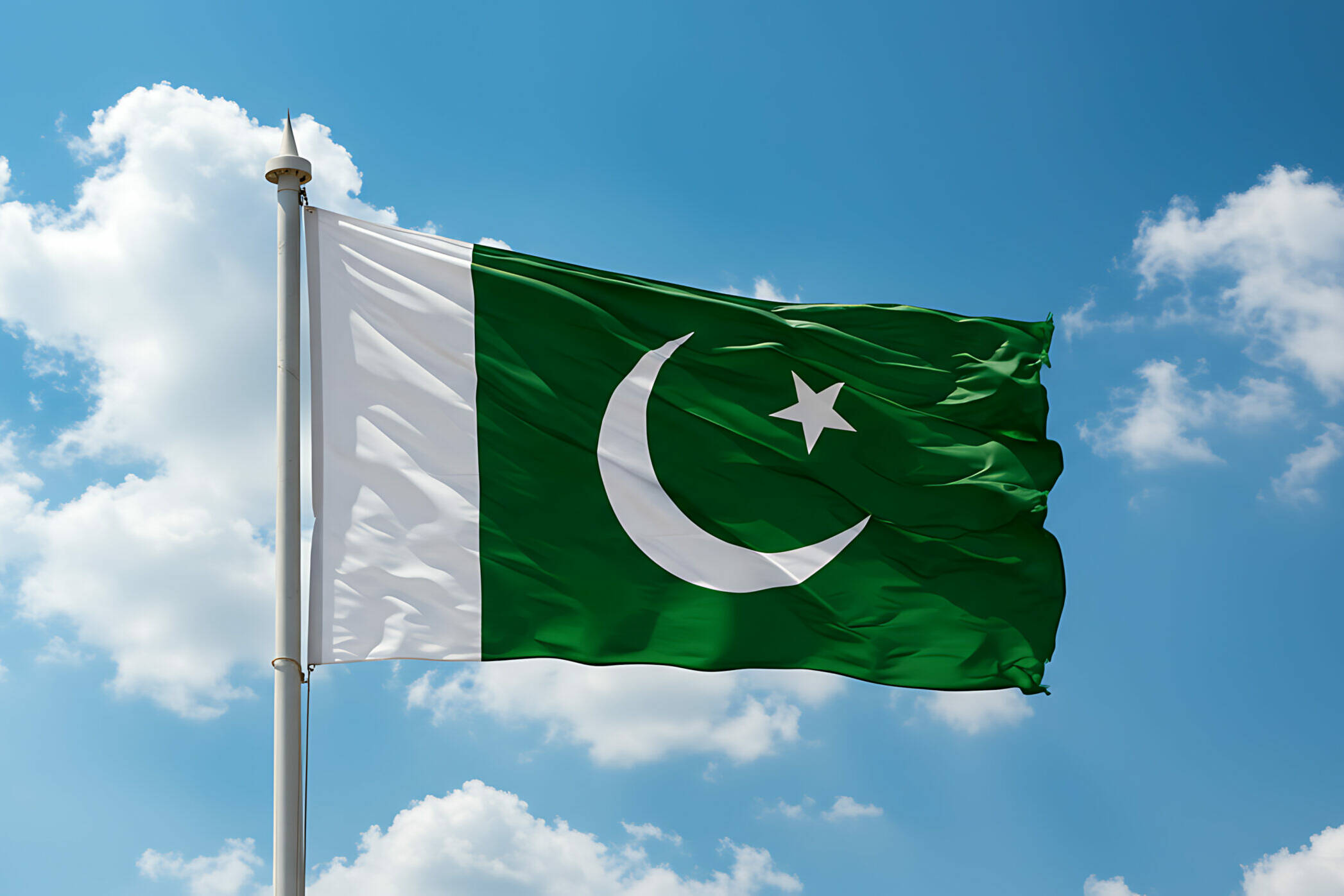بسم ﷲ الرحمٰن الرحیم
Importance of Muharram
Syeda Fatima Ahmad, Hina Arshad, Nabeela Zahid, Saffa Mustafa
TIL Women English – Year 1
Muharram, the first month of the Islamic lunar calendar, marks the start of the Islamic New Year. Referred to by Prophet Muhammad (PBUH) as the “Sacred Month of Allah,” it is one of four sacred months. Muharram is a period of introspection, devotion, and glorifying Allah SWT, the Creator of all creations.
“Indeed, the number of months with Allah is twelve [lunar] months in the register of Allah [from] the day He created the heavens and the earth; of these, four are sacred. That is the correct religion, so do not wrong yourselves during them…” (Qur’an, 9:36)
Fasts during the month of Muharram are the most rewarded among the optional (Nafil) fasts, as highlighted in the Hadith:
“The Messenger of Allah (S.A.W.) said: ‘The best fasting after the month of Ramadan is the month of Allah, Al-Muharram.’”
Muharram, a month when warfare is prohibited, promotes peace and reflection. Its name means “forbidden,” highlighting its sacredness. During this time, Muslims increase their dedication, prayer, and fasting, deepen their faith, remember historical sacrifices, and engage in charity. The spiritual significance of Muharram emphasizes self-discipline, humility, and spiritual growth.
Significant Events in Muharram
Battle of Karbala: The Battle of Karbala on the 10th of Muharram (Ashura) in 680 CE is a pivotal event. Imam Hussain (AS), grandson of Prophet Muhammad (PBUH), and his small group opposed the much larger forces of Umayyad caliph Yazid I, refusing to pledge allegiance to the unjust ruler. This confrontation occurred in Karbala, Iraq.
Martyrdom of Imam Hussain (AS): The Battle of Karbala ended with the martyrdom of Imam Hussain (AS) and his companions. Despite overwhelming odds, Imam Hussain (AS) stood for justice and true Islamic teachings. Their deaths on Ashura symbolize the ultimate sacrifice against oppression.
Prophet Musa (AS) and the Exodus: On the same day, Prophet Musa (PBUH) and his people were saved, and Pharaoh and his followers drowned. This is commemorated in the Hadith: “Abu Huraira reported: The Messenger of Allah (peace be upon him) fasted on the Day of Ashura and said, ‘This is the day when Allah saved the Children of Israel from their enemy, so Moses fasted on this day.'”
Cultural Observance
During Muharram, Muslims remember Hazrat Hussain (RA) and often fast on Ashura. While fasting on Ashura is not obligatory, it is highly recommended and is believed to expiate minor sins from the past year. Practices may vary among different Islamic sects and cultures, with Shia Muslims also observing additional mourning rituals related to the events of Karbala.
Lessons and Reflections
The martyrdom of Imam Hussain offers profound lessons in courage, sacrifice, steadfastness, and resilience. Ashura encourages believers to engage in self-reflection, spiritual growth, and repentance. It underscores the importance of preparing for the hereafter through righteous deeds and moral conduct.
Contemporary Significance
Muharram is a time of reflection, unity, and community engagement for Muslims globally. It commemorates historical sacrifices, promoting solidarity and understanding. The month encourages social activities, charitable deeds, and educational programs, bridging gaps within and outside the Muslim community. By reflecting on justice and resilience, Muharram fosters societal cohesion and moral responsibility in modern contexts.
Conclusion
Muharram is a significant month for Muslims to reflect on historical events, reinforce their faith, and draw spiritual lessons. It highlights the values of sacrifice, justice, and perseverance. Through global commemorations and charitable activities, Muharram fosters unity, understanding, and moral growth, maintaining its relevance and inspiration in contemporary society




Ma sha Allah very well written
Ma sha Allah Alhamdulilah
Very Interestingly explained ,mashallah and Jazakallahu khairan for your efforts .
May we apply the lessons of courage and dedication towards deen e islam in our life.. Ameen
Mashaallah la quwwata illah billah beautiful . Many important points mentioned, got to know about many things from this blog. Jazakumallahu khairan for writing this blog
MashaAllah.
Jazakumullahu khairan for drawing our attention towards this blessed month شهر الله المحرم.
Fasting in Muharram is best second to Ramadan.
MashaAllah, jazakumullah khair for writing this blog. May we derive benefits from it and apply to our a’maal. Ameen
Very nicely explained
MashaAllah beautiful written